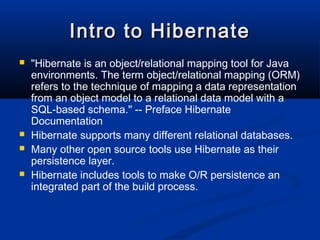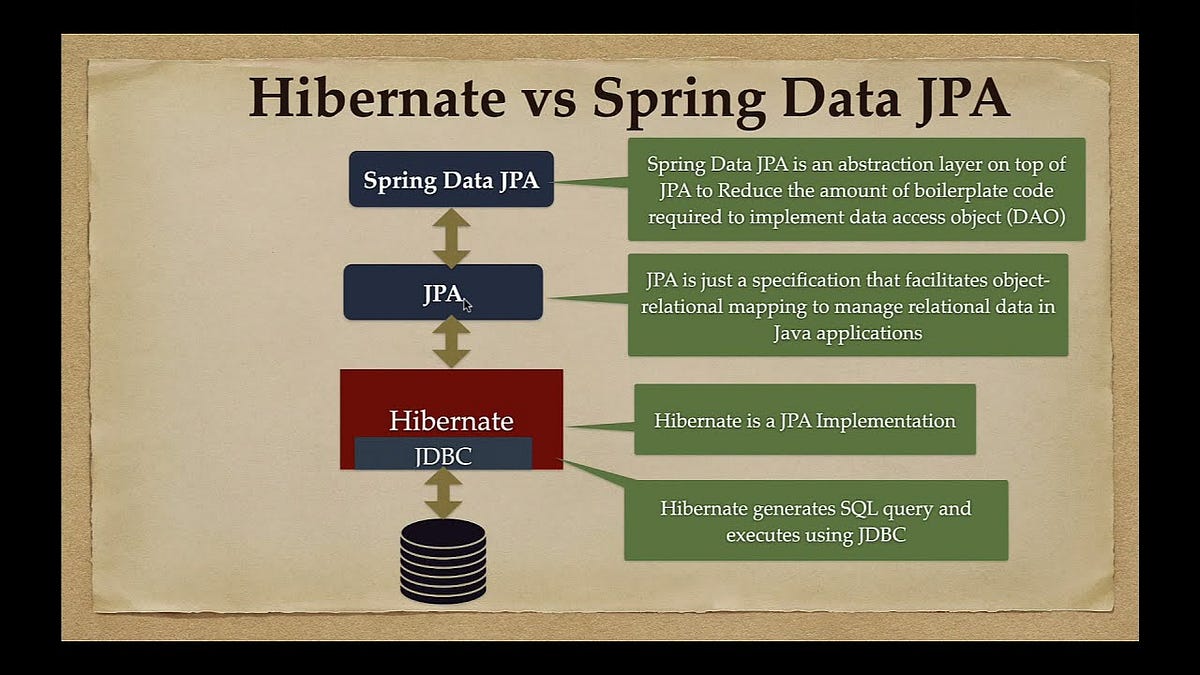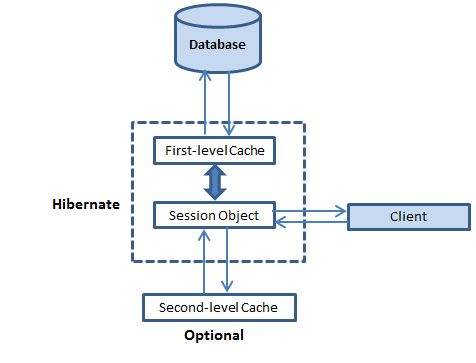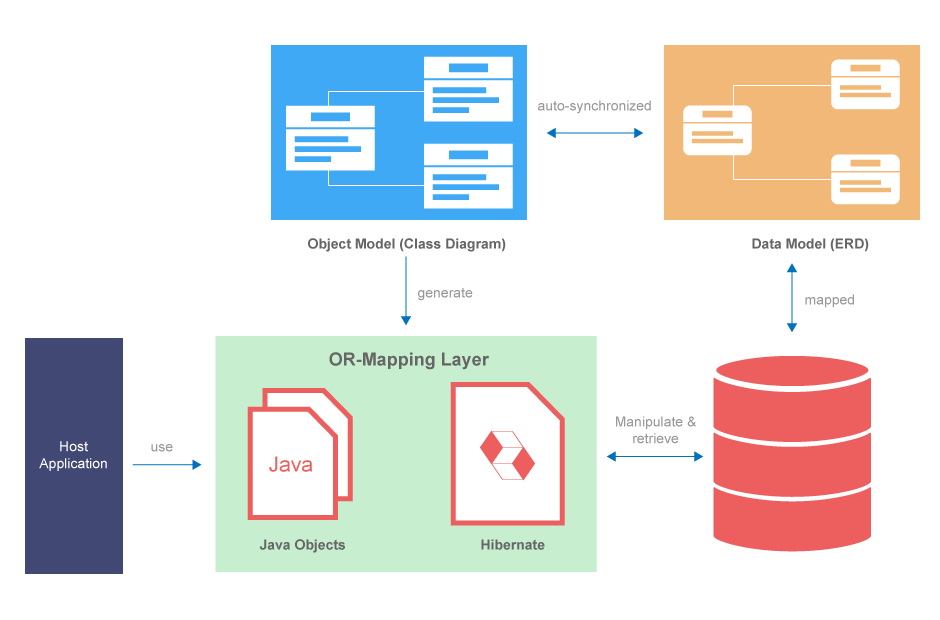Roads & PavementRoads & Pavement
Barefoot
Minimal
Low
Medium
High
Maximal
All around running shoes offer comfort and cushioning for daily runs, jogs, walks, and long mileage. They offer enough versatility for both faster and slower runs and are a great option for those who want one running shoe to do it all.
Fast run or uptempo running shoes are lightweight and responsive. They offer streamlined designs that have minimal uppers and offer a high level of energy return. These shoes are a great option for faster runs in the week or those looking for a livelier experience.
Max Cushion shoes offer premium cushioning with ample ground protection and a stable ride. These types of shoes provide abundant impact protection that softens landings while running at any pace or distance. These types of shoes are best for slower recovery runs and easy days where comfort takes priority.
Racing shoes are designed with optimal performance in mind. These types of shoes have snug-fitting uppers, energetic midsole foams, and features implemented for maximum efficiency. These types of shoes are best for runners looking to gain the ultimate advantage in races but may sacrifice some durability and comfort.
Gym Workout shoes offer a stable and versatile ride. They have a firmer underfoot feeling that provides stability for lateral movements with comfortable uppers. These types of shoes are best for trips to the gyms, cross training, casual wear, and light running. Spring MVC Hibernate MySQL Integration CRUD Example Tutorial
Road running shoes feature smooth outsoles that are designed for running on paved surfaces such as roads, sidewalks, and bike paths.
Designed to handle most trail runs, these shoes prioritize comfort and a smooth ride. These shoes are great for anything from smooth singletrack, park trails, and fireroads making them ideal for those who run from their doorstep on streets before hitting the trail.
These shoes are best used for hard, rugged trails such as shale, granite or sandstone where grip on smooth surfaces and underfoot protection are important.
Designed for use in muddy, soggy conditions, these shoes feature very aggressive outsoles that dig deep into soft ground for exceptional traction.
These shoes feature technical outsoles designed to grip snowy and icy trails making them ideal for winter trail running.
Cushioning level, or stack height, refers to how much shoe is between your foot and the ground. For this category, we reference the amount of cushioning below the forefoot as the heel height will be equal to or greater than the forefoot height.
Spring Data JPA vs Hibernate. Hibernate and Spring Data JPA are
0-13mm. The Shoe generally does not have a midsole and feels like there is no cushioning. This shoe is all about feeling the ground underfoot.
14-18mm. The shoe has a thin midsole that allows for a natural running experience. Racing shoes and minimalist shoes are common here. These shoes offer a feeling of being connected to the road or trail.
19-23mm. The shoe has a slightly cushioned feel and may feature added cushioning technologies. Performance training shoes and some trail shoes are common here. These offer protection during footstrike but prioritize a lightweight, grounded experience.
24-28mm. These shoes have a stack height that fall near the middle of the spectrum.The shoes in this category are verstaile and great for all types of runs and distances.
29-34mm. The shoe has a thick midsole and ample cushioning. These shoes are highly protective and absorb more impact than the body.
35mm plus. The shoe has an extremely thick midsole and extra cushioning. The focus is on protection and soft foam underfoot with hardly any ground feel.
Neutral shoes support the foot through a normal range of arch collapse and generally do not have a built-in technology to correct movement.
Stability shoes are a great option for those who overpronate or need added support. These shoes help to limit the inward rolling motion of the ankle while running or walking and assist in guiding the foot straight through the gait cycle. java Diffrence between JPA API and hibernate native API Stack
Product Details:
Spring MVC Hibernate MySQL Integration CRUD Example Tutorial top, Java hibernate orm implementation tool PPT top, Hibernate Second Level Cache Explained Hazelcast top, The JPA and Hibernate first level cache Vlad Mihalcea top, Java Specialization Period Lecture 6 top, 4.6. The Persistence Layer top, What is Hibernate Fundamental of Hibernate Core implementation top, Working with Hibernate Display Insert Update and Delete in JAVA top, Spring Hibernate Configuration and Create a Table in Database top, GitHub based2 hibernate generic dao Generic DAO implementation top, Hibernate Lifecycle javatpoint top, What is Hibernate ORM Framework java javaguides YouTube top, Composite Primary Key Hibernate and Java Implementation Stack top, What is Hibernate Jakarta Persistence API by Shehaan Avishka top, Hibernate Framework Overview Architecture and Basics top, Learning Java top, Build a Hibernate SessionFactory by example top, Internal platform implementation software overview. Used top, Prepfortech JPA Hibernate are two different concepts with top, Hibernate IntelliJ IDEA Documentation top, Hibernate Search 7.0.0.Final Reference Documentation top, Hibernate Integration top, Java hibernate orm implementation tool PPT top, What Is Hibernate Definition from TheServerSide top, Hibernate IntelliJ IDEA Documentation top, Hibernate Interview Questions and Answer 2020 SevenMentor top, Integrating Hibernate and JPA with Spring Boot Spring Boot Tutorial top, Understanding the Key Differences JPA vs Hibernate ORM in Java top, Spring Data JPA Let s Code KnownSense top, Hibernate Validator 8.0.1.Final Jakarta Bean Validation top, What is Hibernate Fundamental of Hibernate Core implementation top, Hibernate Tutorial For Beginners DigitalOcean top, Java hibernate orm implementation tool PPT top, Hibernate Tutorial for Beginners top, Spring Hibernate Integration Example Tutorial Spring 4 top, Hibernate ORM 5.0 User Guide top, Hibernate vs JPA vs Spring Data JPA by Dineshchandgr A Top top, Demystifying Database Access in Java JPA Hibernate JDBC and top, Hibernate vs JPA vs Spring Data JPA by Dineshchandgr A Top top, Integrating Hibernate and JPA with Spring Boot Spring Boot Tutorial top, Hibernate Architecture GeeksforGeeks top, What is Hibernate And JPA . To understand the basics of Hibernate top, Hibernate Criteria Queries GeeksforGeeks top, Difference Between Hibernate and Spring Data JPA DZone top, GitHub praveenambati1233 Hibernate top, java What is a JPA implementation Stack Overflow top, Streamlining Hibernate Implementation with Visual Paradigm top, Hibernate Caching top, java Diffrence between JPA API and hibernate native API Stack top, Spring Data JPA vs Hibernate. Hibernate and Spring Data JPA are top, Product Info:
Hibernate implementation top.
- Increased inherent stability
- Smooth transitions
- All day comfort
Model Number: SKU#7581898





